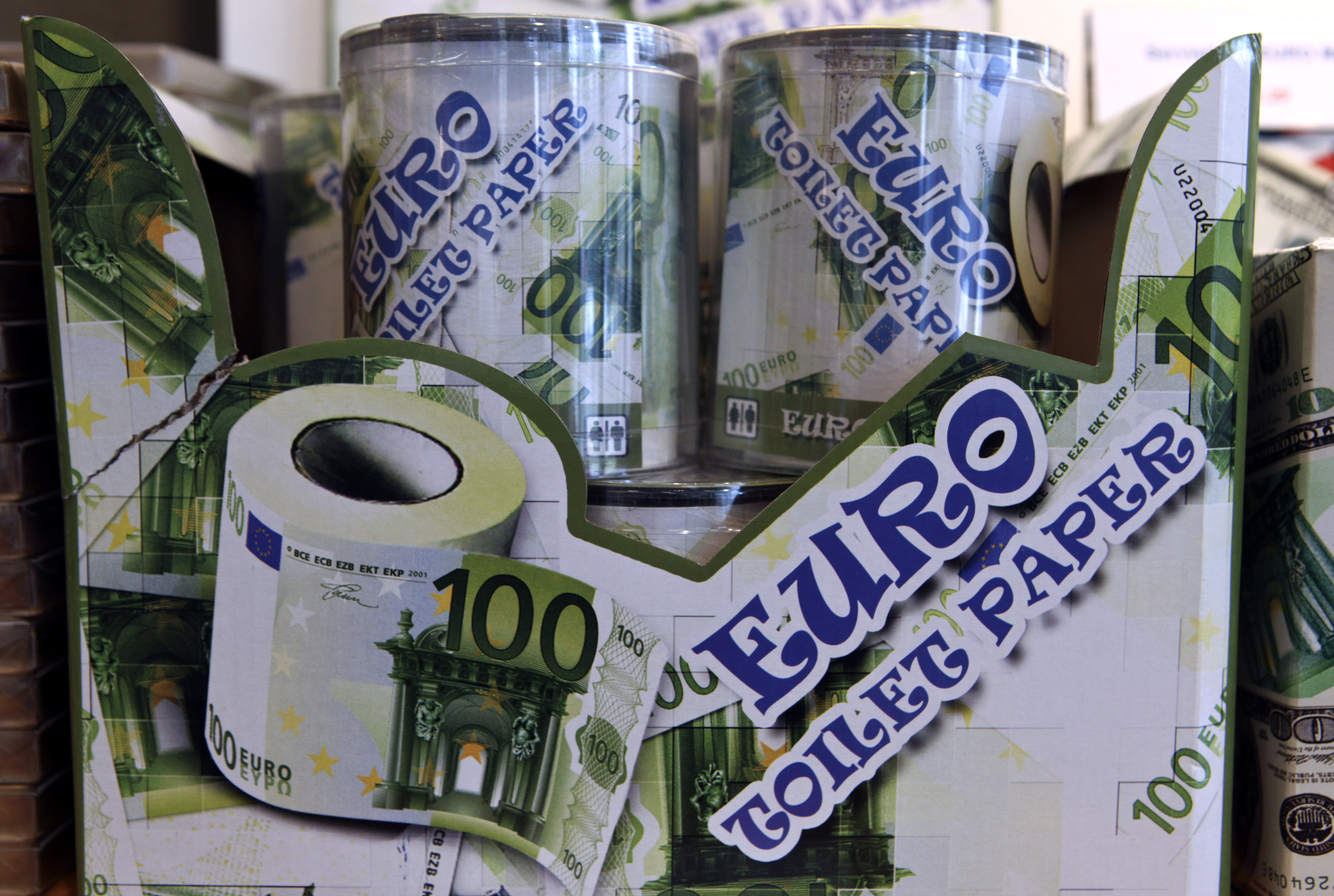
(Photo: Bloomberg)
As the euro marks another day of hitting multi-year lows and marking a 12-year bottom against the US dollar at 1.0511 during the New York session, traders on the currency markets are pondering how long the slump can continue. Technical analysts are scratching their heads, claiming that the euro has been oversold for weeks now, so what is the main driver for this collapse on a daily basis?
What has changed so dramatically in recent weeks that the EUR/USD keeps marking new lows, while the single European currency marks multi-year lows against the British pound and is slumping even against the Japanese yen, which has been the weakest G7 currency in recent years.
ECB as Volatility driver
The answer to the question lies far in the past, when the ECB voiced its commitment to become the next major central bank to reshape the currency markets. It was almost a year ago when Forex Magnates reported during the period of record-low volatility in the foreign exchange market that the ECB is likely to the the next Bank of Japan.
After a steady commitment made by central bank officials, the currency market has began realizing that the ECB went all-in to stem the euro’s strength and committed to embarking on a massive easing effort by the end of the year.
The printing press
There’s been a lot of speculation about how the central bank will conduct asset purchases within the specifics of the Eurozone, and last week traders received the latest batch of details. Since the day on which the ECB issued the detailed implementation plans, the euro has lost 5% against the US dollar, nosediving into the 1.05s - an area which was deemed out of reach not so long ago.
With talks about parity being around the corner, the consensus opinion has been shifting in recent days. We are starting to hear major banks revising their targets to below parity, as the Greek government struggles to find ways to negotiate further with its creditors from the ECB and the IMF.
Last month, the author of the book “The Euro Trap,” which is a widely respected economic think tank in Germany, highlighted that a Greek exit from the Eurozone has become an inevitability.
This morning, the President of the ECB, Mario Draghi, has thrown a bomb at the EUR/USD stating, “The Public Sector Purchase Programme [which is the official name of ECB’s bond buying program] protects against contagion risks from Greece."
The stock market interpreted the message as a positive one, and while the German DAX index rallied more than 2.5% in today’s trading, the EUR/USD tanked sharply.
The overture to the introduction of the ECB’s printing press has already depreciated the euro substantially, with the main act currently unfolding, the purchases of government bonds by the national central banks, yet to reveal its full effects on the currency.
Since peaking in May 2014, the EUR/USD has lost just a touch below 25% of its value, with the single European currency on track to mark an unprecedented ninth-consecutive monthly decline.
ECB credibility now on the line
After many years of an impeccable record and a rather conservative approach to monetary policy, the European Central Bank led by Mario Draghi has taken a decisively different approach towards its mandate than under the tenure of the previous president of the ECB, Jean Claude Trichet.
While going all-in to combat low inflation numbers, the central bank's embarking on quantitative easing has one major drawback that risks the credibility of the institution in the long run.
That is, after a long debate, Mr Draghi had to craft some sort of a consensus amongst the members of the ECB's governing council. Divisions were highlighted by the choice of mechanism which was adopted to conduct sovereign bond buying.
With the purchases of government assets conducted by the national banks, there's been only limited loss sharing from these bond buys totaling 20%. The quantitative easing announced by the ECB will be a success for everyone if successful, but will be a loss mainly to national central banks if, for some reason, it fails.


















